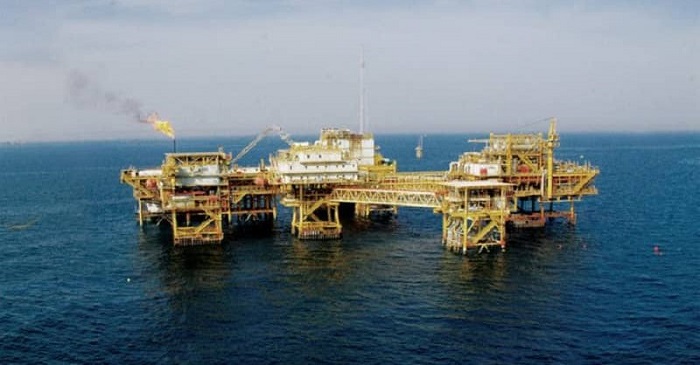
These assertions come to light as a Bloomberg report indicates that Iran’s oil exports have spiked, achieving an average of 2.2 million barrels daily in the early August period. The key player behind this surge? China, the main buyer of Iran’s oil, while most nations respect the sanctions against Iran.
However, these claims are not without skeptics. Hamid Hosseini, chairman of the board of directors of the Union of Oil, Gas, and Petrochemical Products Exporters, expressed doubts. “Considering domestic oil consumption and our capacity, it’s doubtful we have an oil balance of 2 million barrels for export,” Hosseini said.
Moreover, a persistent question that remains unanswered is the price at which Iran sells its oil. Simon Watkins, an oil and energy analyst, suggests that China receives substantial discounts from Iran, stating that “the Chinese discount for Iranian crude oil to the international benchmark over the last 12 months has been around 44 percent.” From November 2022, China’s payments shifted to non-convertible Yuan, indirectly forcing Iran into a barter system, where oil is exchanged for Chinese products.
Classified Documents Show Iran’s IRGC Dominates Oil Revenuehttps://t.co/genvxrs91b
— NCRI-FAC (@iran_policy) May 23, 2023
Reports from state-run “Eco Iran” in July indicated that the Iranian regime provides significant oil discounts to China, further stressing Iran’s economic position. Compared to Russia’s export cuts to China, Iran offers oil at discounts ranging between $12 to $15 per barrel, translating to a potential two-month discount of up to $837 million to protect its market presence.
But why this desperate attempt to maximize sales at such minimized prices? The answer lies in Iran’s current economic state. With domestic industries struggling, the regime is heavily reliant on oil revenues. They employ complex smuggling operations to bypass sanctions, reducing oil sale revenues. Their objectives? Maintain an illusion of control for their citizens and secure crucial foreign currency.
However, these increased sales haven’t bettered the lives of ordinary Iranians. Essential goods remain expensive, and the financial gains from the oil sales are largely directed towards the regime’s military aspirations, domestic security forces, and government-affiliated organizations.
#Iran Regime’s #Oil Export Conundrumhttps://t.co/I4GWycIE5F pic.twitter.com/TZvVRp52PR
— NCRI-FAC (@iran_policy) June 3, 2022
Reflecting on Dr. Mosaddegh’s nationalization of Iran’s oil from foreign dominion seven decades ago, it’s evident that the nation’s precious asset must be rescued once more. Iran’s oil, akin to its other prosperous resources, needs reclamation and re-nationalization from its current captors.

MEK Iran (follow us on Twitter and Facebook), Maryam Rajavi’s on her site, Twitter & Facebook, NCRI (Twitter & Facebook), and People’s Mojahedin Organization of Iran – MEK IRAN – YouTu







